What is the Counting of the Omer? Are You Preparing for His Power and Presence?
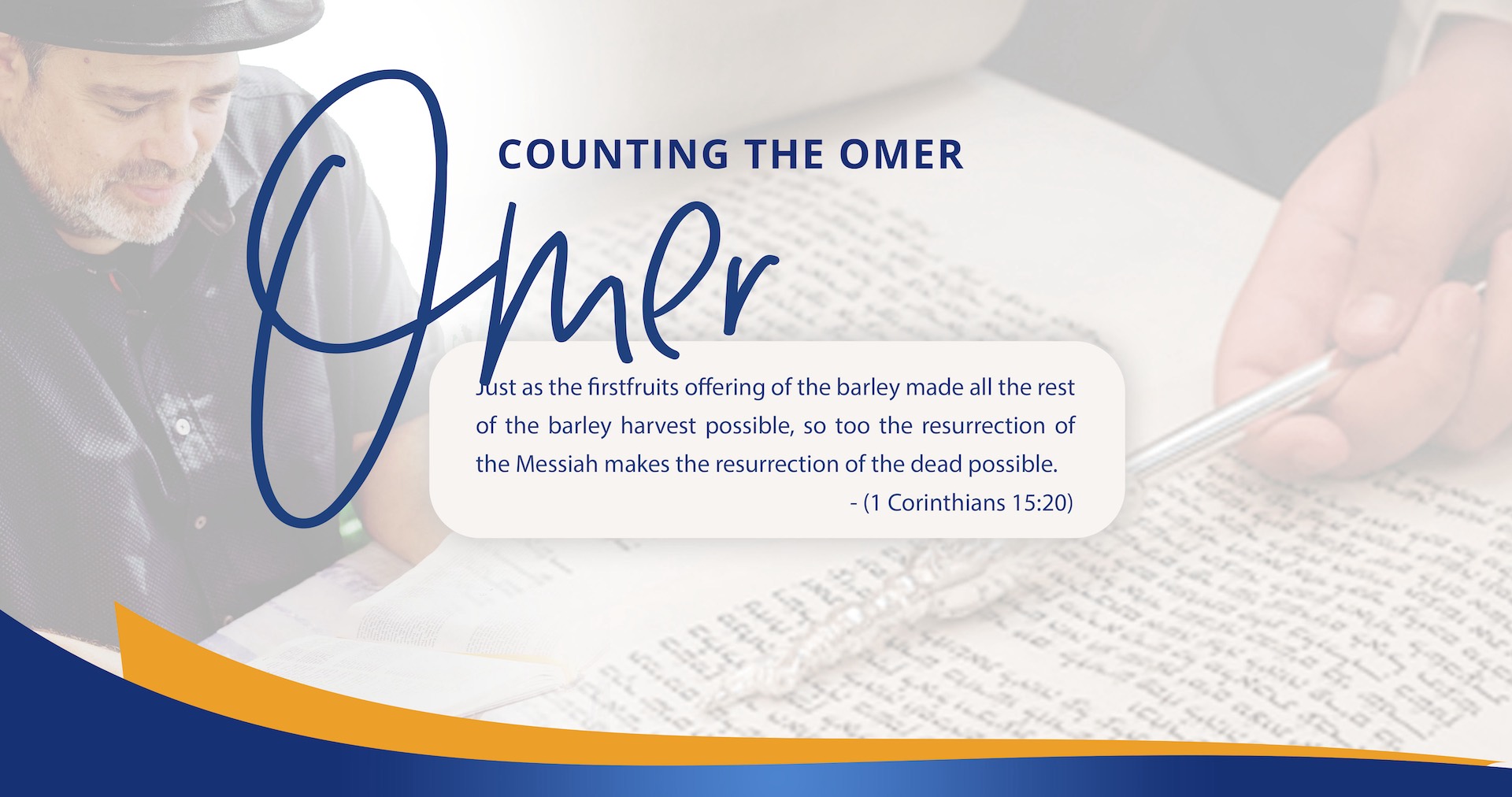

What is the Counting of the Omer?
Preparing for His Power and Presence
Hidden in Passover week, amidst the celebration of the second night’s Seder (for those outside Israel) and the afterglow of the commemoration of leaving Egypt (for those in the Holy Land), stands a little-known appointment on the biblical calendar. Starting from the second night of Passover, the Bible encourages us to all become “Pentecostals” by initiating a forty-nine-day minor festival culminating on the Day of Pentecost—“Pentecost,” meaning “fifty.” The first fruits festival, known as “The Counting of the Omer” or simply “The Omer,” marks a culmination of three unique historical events and has enormous significance in the life of a disciple of Yeshua.
What is the significance of Shavuot for the Jewish people?
Shavuot is significant for the Jewish people because it is the day when the LORD blessed them with the Torah on Mount Sinai. It marks the momentous occasion of receiving the Word of God. He also gave His Holy Spirit, Ruach to followers of Yeshua on this same day in Acts 2.
The Torah roots this festival in the thanksgiving offering of the first fruits of the barley harvest (Leviticus 23:9-10; Deuteronomy 16:9-12). During this festival, the Torah commands the Israelites to bring the first sheaf, or “Omer” in Hebrew, of the harvest to the Temple before consuming the new barley and wheat crops. This Torah precept battled against the agricultural customs of the Canaanite nations that related the growth of grain to various local gods (see Hosea 2) to assure that the Children of Israel would thank the proper God and not fall into the traps of idolatry. This practice can be compared to a modern-day employee or business cheerfully giving to the needs of the community so that “the One who supplies seed to the sower and bread for food will supply and multiply your seed and increase the harvest of your righteousness” (1 Corinthians 6:10, see also vv. 6-15). Additionally, the Torah prohibited using or eating any of the barley and wheat crops until the offering of the Omer, the first of the new grain, was brought up to the Lord.
Beyond its agricultural significance, the Omer marks the fifty days between the Exodus from Egypt and the giving of the Torah on Mount Sinai. We can see the connection between Passover and Shavuot as we reflect on how the holidays are celebrated. Passover centers around matzah (unleavened) bread (Exodus 13:6-7), and fifty days later, Shavuot includes an offering of two chametz (leavened) loaves—the only holiday when chametz is brought on the altar all year (see Leviticus 2:4-6, 11). The “maturing” process of going from matzah to chametz bread symbolizes the spiritual maturing process of going from freedom from slavery to the revelation of the Almighty and the receiving of His Torah at Mount Sinai. Sandwiched between the two events lies a fifty-day period of spiritual growth that the Children of Israel needed to graduate to the status of becoming God’s “special” nation.
Drawing on this connection between Passover and Shavuot, we find a third significance of the period of the Omer. Sunday morning, while the women discovered Yeshua’s empty tomb, the high priest Caiaphas was busy mixing the barley flour with oil and frankincense to prepare it as a bread offering for the first Omer offering. That day, the same day of Yeshua’s resurrection, began the fifty-day count to the festival of Shavuot. This link makes the Counting of the Omer a season of particular significance. We remember the resurrected Yeshua, as all His post-resurrection appearances fell within this period. Paul used the image of the Omer and the grain harvest when speaking of Yeshua’s resurrection.
Just as the firstfruits offering of the barley made all the rest of the barley harvest possible, so too the resurrection of the Messiah makes the resurrection of the dead possible. – (1 Corinthians 15:20).
After His resurrection, Yeshua appeared to His disciples in Jerusalem and commanded them, saying, “I am sending the promise of My Father upon you; but you are to stay in [Jerusalem] until you are clothed with power from on high” (Luke 24:49). Fifty days later, when Shavuot had come, the disciples were all together in the Temple in Jerusalem when “They were all filled with the Ruach ha-Kodesh (God’s Holy Spirit) and began to speak in other tongues as the Ruach enabled them to speak out” (Acts 2:4).
The Counting of the Omer takes us on a spiritual journey.
Why do Jewish people eagerly await Shavuot and shouldn’t followers of Yeshua?
Jewish people and followers of Yeshua eagerly await Shavuot to celebrate the gift that is the Word of God, specifically the Torah and the giving of the Ruach. We should all count down the 50 days after Passover in eager anticipation.
How to count the Omer:
We enter this journey through a countdown beginning from the second night of Passover through the evening of Shavuot. Each evening, the counter recites a blessing: “Blessed are You, LORD Our God, King of the Universe, Who has sanctified us with his commandments and commanded us to count the Omer” and states, “Today is X days of the Omer.” After the first six days, one counting also includes the number of weeks, for example: “Today is 13 days, which is one week and six days of the Omer.” If one misses an entire day’s count, the counting continues without reciting a blessing. Each night’s count is followed by reciting Psalm 67 and a few short petitions for spiritual cleansing and renewal. The Hebrew version of Psalm 67 contains exactly forty-nine words corresponding to the forty-nine days of the Omer. It also includes the themes of the harvest and God’s salvation (Yeshua) being made known over all the earth. The Counting of the Omer guides us on a spiritual journey of preparation, self-introspection, and maturing of our character traits. It offers an annual period to “work out [our] salvation with fear and trembling” (Philippians 2:12) to bring us to a higher revelation of God and the individual mission He has for each one of us.
Sample Omer Readings and Blessings
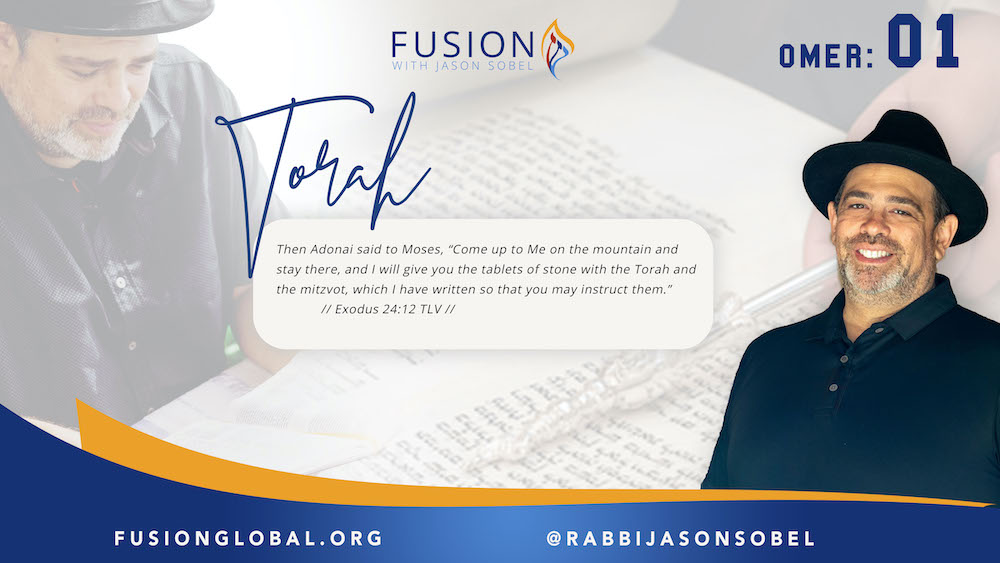
“Blessed are You, LORD Our God, King of the Universe, Who has sanctified us with His commandments and commanded us to count the Omer” and states, “Today is the first day of the Omer.”
How can one make the season of counting the Omer a period of growing excitement?
To make the season of counting the Omer a period of growing excitement, one can embark on a reflective journey. Begin by contemplating the days when you may have walked in rebellion to God and His Word. This introspection allows for personal growth and a deep understanding of the transformation that has occurred in your relationship with the divine. Next, embrace the realization of when God’s Word became real and alive within you. Recall the moment when you truly grasped His teachings and experienced a spiritual awakening. Let the memory of this profound encounter fuel your enthusiasm during the season of counting the Omer. Furthermore, find creative ways to infuse excitement into this period leading up to Shavuot. Engage in activities or practices that enhance your connection with God and His Word like our daily readings and blessings above. This could also involve studying additional scriptures, participating in communal prayer, engaging in acts of kindness, or devoting time to self-reflection and personal growth. Each of these endeavors will contribute to a sense of anticipation and enthusiasm as the days progress. Ultimately, the season of counting the Omer can be transformed into a period of growing excitement by embracing reflection, celebrating personal growth, and adopting practices that deepen your connection to God. Such a joyous and intentional approach will make the journey towards Shavuot all the more meaningful and captivating.
FREE WEEKLY TORAH PORTIONS:
"My husband and I have served as Missionaries through His occupation in the Oil and Gas industry for 20 years, this message really blessed us as we have used our wealth to advance the gospel and pour into the lives of those who are in the ministry. We always felt that our part was just as valuable, and this was very precious to see this in the scriptures through the OT. "
What is Fusion with Rabbi Jason?
It is in looking back at what God has done that we can see forward to His future plans for us. “For I know the plans I have for you,’ declares the Lord, plans to prosper you and not to harm you, plans to give you hope and a future” Jer 29:11.
At Fusion Global with Rabbi Jason Sobel, we want to add definition to your faith as we restore the lost connection to our ancient roots and rediscover our forgotten inheritance.

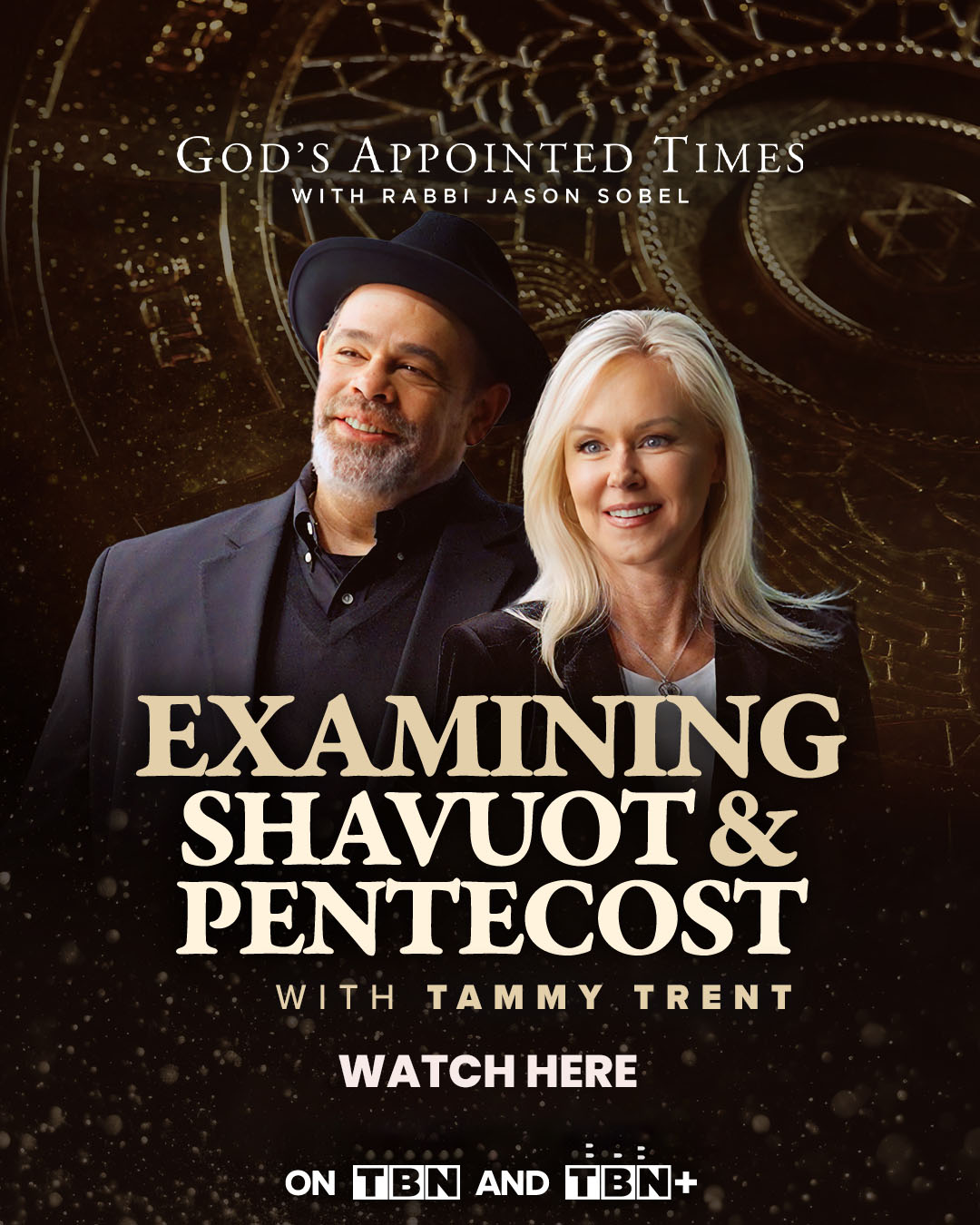
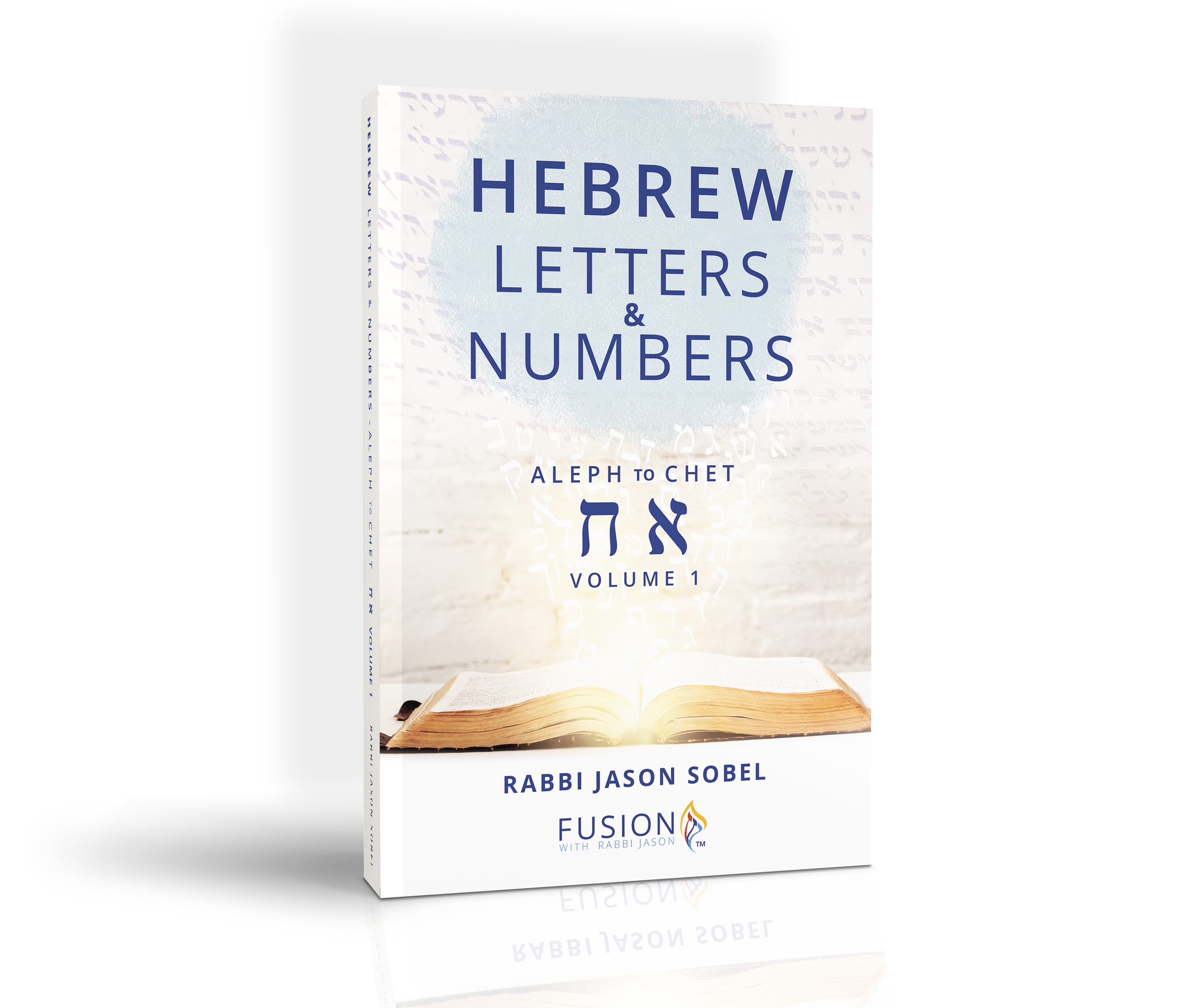

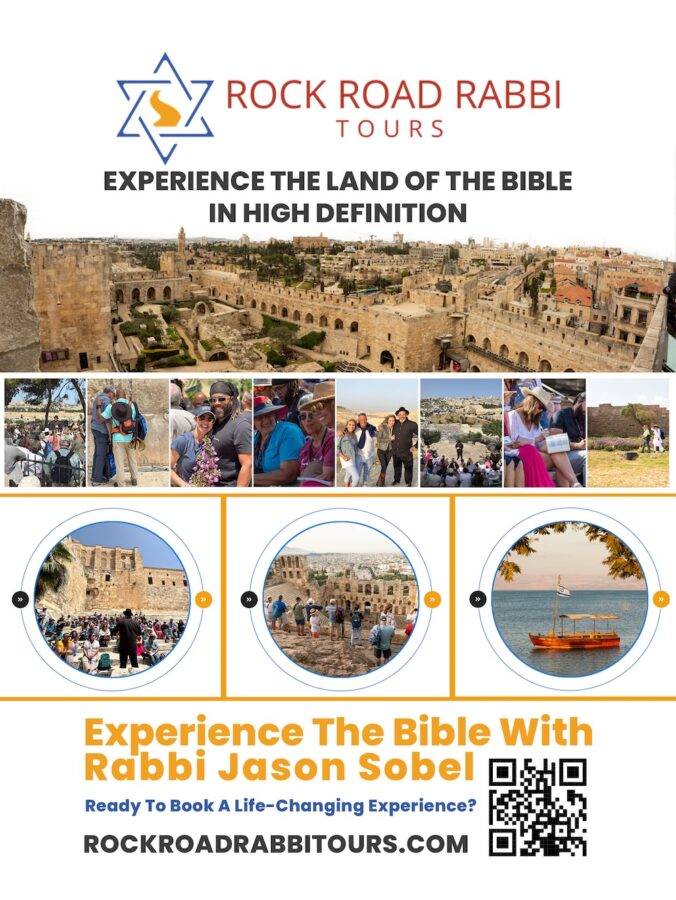
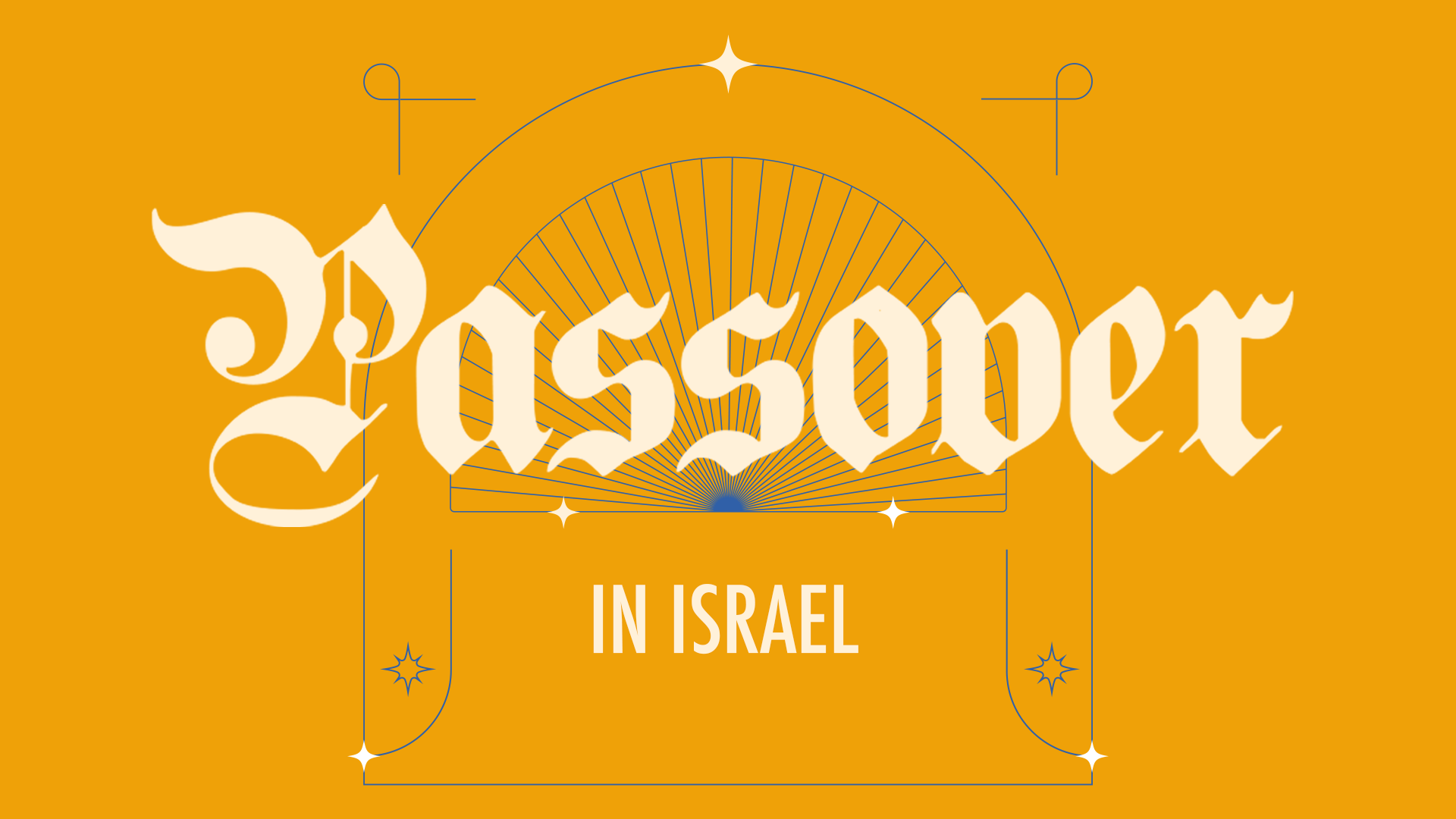
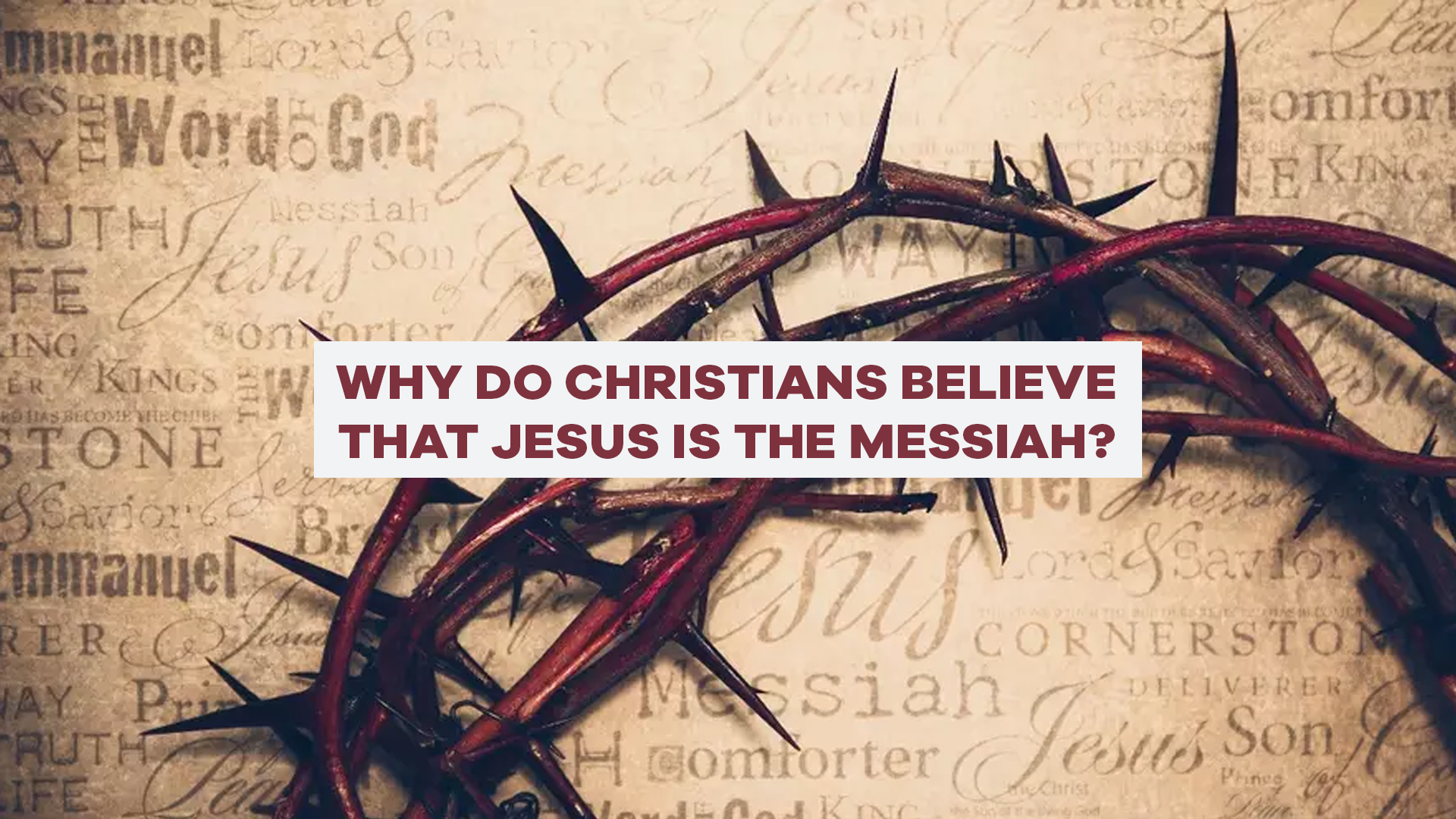
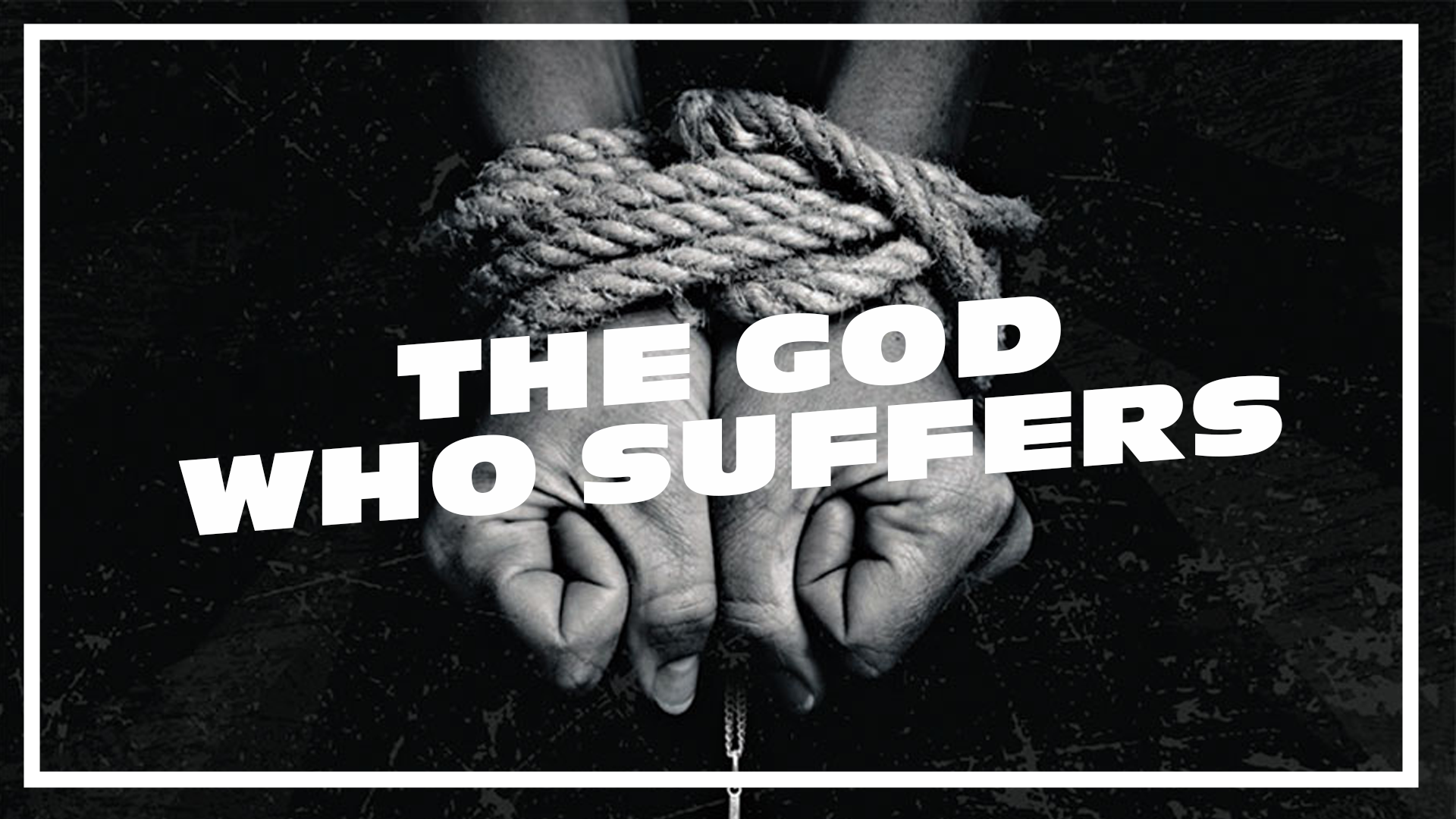
[…] of the reception of the Torah. It occurs seven weeks or fifty days after the feast of Passover (Count the Omer), hence its name (the Greek word Πεντηκοστή – Pentēkostē, meaning “fiftieth”). […]
Shalom, today for your wonderful insight to Passover and Counting the Omer. I only found my Jewish heritage 6 years ago. Have always loved the Jewish people. You bless us so much. Living in uk. Makes it awkward to join tribes. Time difference. Rabbi Bless you for all you do for us. Today.
Shalom Sandra Lee